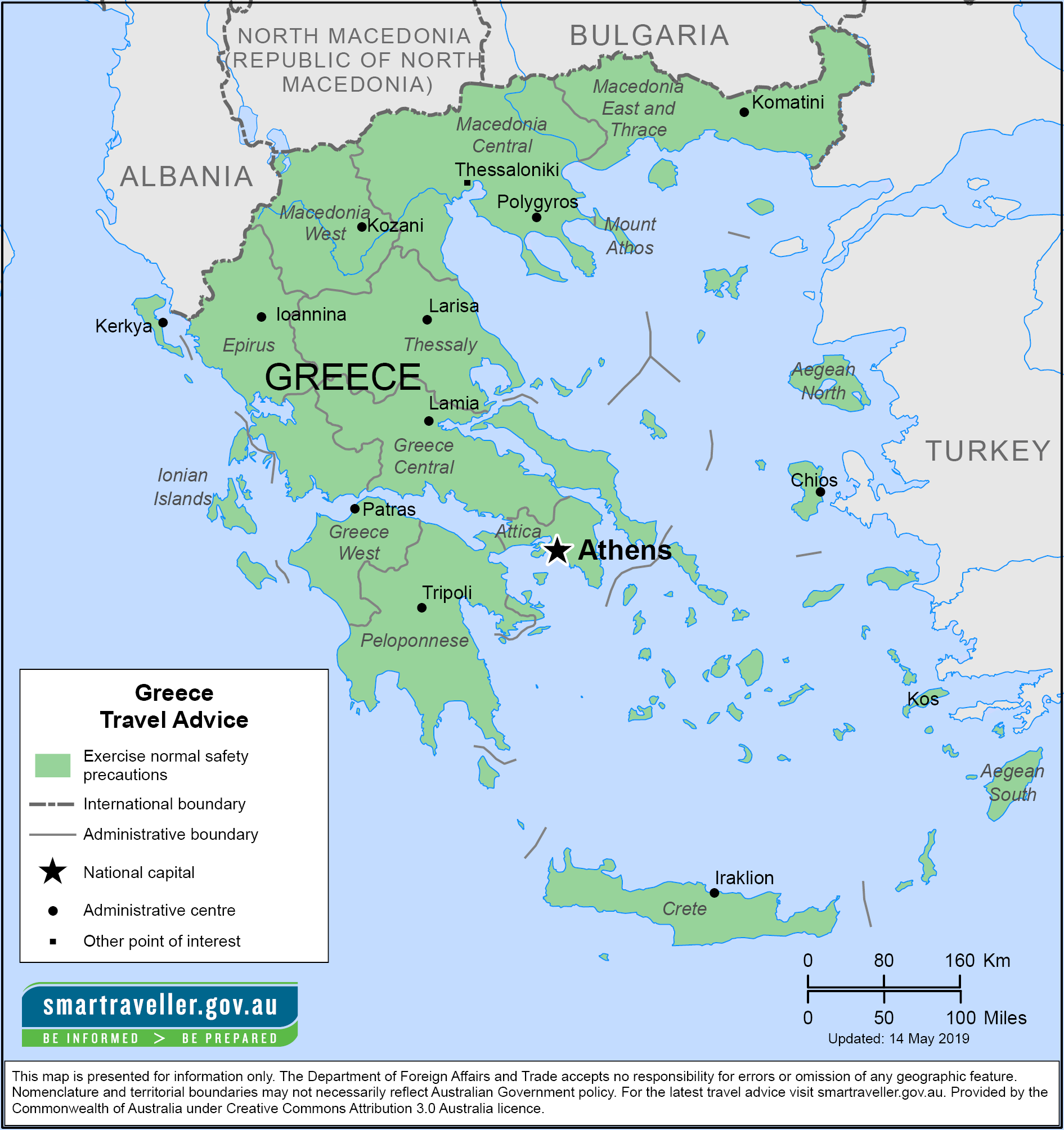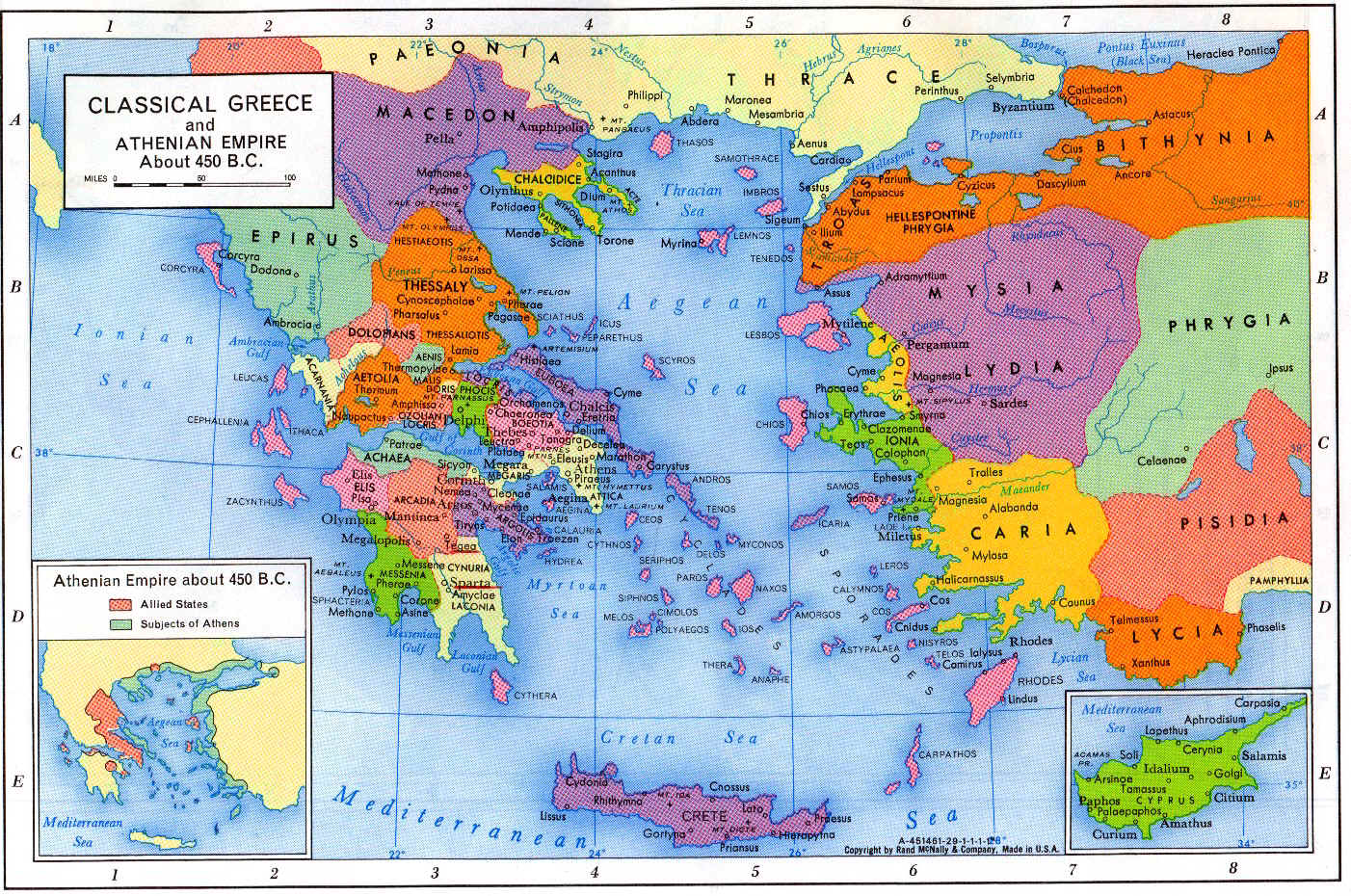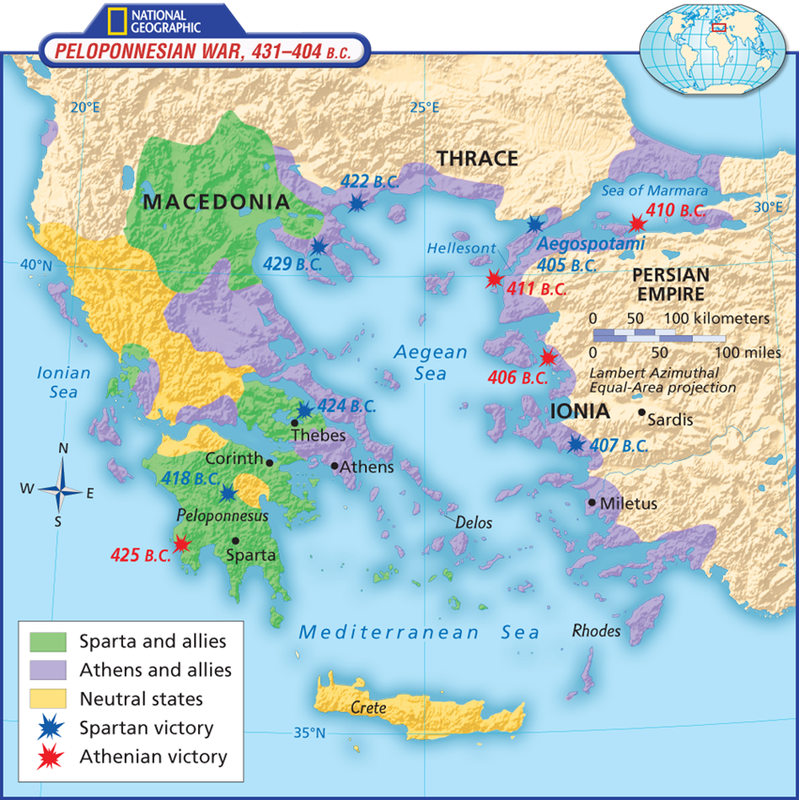
AsianOverland.net
Tour Guide - Itinerary
Asian Overland Sydney to London
Started 22/06/2022 Finished 21/06/2023365 Days ITINERARY
Day 198 date 05/01/2023ATHENS, GREECE to ATHENS, GREECE
ASIANOVERLAND.NET WINTER EUROPEAN DAY 25/198: ATHENS, GREECE
DAY 25, 5/1/81
Greece came under Ottoman rule in the 15th century before and after the fall of Constantinople in 1453. During the following centuries, there were sporadic but unsuccessful Greek uprisings against Ottoman rule.
The Greek War of Independence, was a successful war of independence waged by Greek revolutionaries against the Ottoman Empire between 1821 and 1830. The Greeks were assisted by Great Britain, France and Russia, and the war led to the formation of modern Greece.
In 1821, revolts in Crete, Macedonia, and Central Greece broke out, but were suppressed. Meanwhile, makeshift Greek fleets achieved success against the Ottoman navy in the Aegean Sea, and prevented Ottoman reinforcements from arriving by sea.
The Ottoman Sultan called in his vassal Muhammad Ali of Egypt, who sent an army which landed in the Peloponnese in February 1825, and brought most of the peninsula under Egyptian control by the end of that year. When Athens also fell, the revolution was all but lost.
In 1827, Russia, Britain and France sent their navies to Greece following news that the combined Ottoman–Egyptian fleet was going to attack the island of Hydra, and the Russia, Britain and French fleets intercepted the Ottoman navy at Navarino. After a week-long standoff, the Battle of Navarino led to the destruction of the Ottoman–Egyptian fleet.
In 1828 the Egyptian army withdrew, the Ottoman garrisons in the Peloponnese surrendered, and the Greek revolutionaries proceeded to take central Greece.
Russia invaded the Ottoman Empire and forced it to accept Greek autonomy in the Treaty of Adrianople (1829). After nine years of war, Greece was finally recognized as an independent state under the London Protocol of February 1830. Further negotiations in 1832 led to the London Conference and the Treaty of Constantinople, which defined the final borders of the new state and established Prince Otto of Bavaria as the first King of Greece.
Following the Greek War of Independence and the establishment of the Greek Kingdom, Athens became the capital of the newly independent Greek state in 1834. At the time, it was a town of only 4,000 people, mostly in houses along the foot of the Acropolis.
The first modern city plan consisted of a triangle defined by the Acropolis, the ancient cemetery of Kerameikos and the new palace of the Bavarian King (now housing the Greek Parliament), which highlighted the continuity between modern and ancient Athens.
© This work is copyright. Apart from any use permitted under the Copyright Act 1968, no part may be reproduced by any process, nor may any other exclusive right be exercised, without the permission of Peter Searle, peter@portseavillageresort.com; 1980-2024.
Website built by Justin O’Dea www.webdeveloperdocklands.com.au



.jpg)

